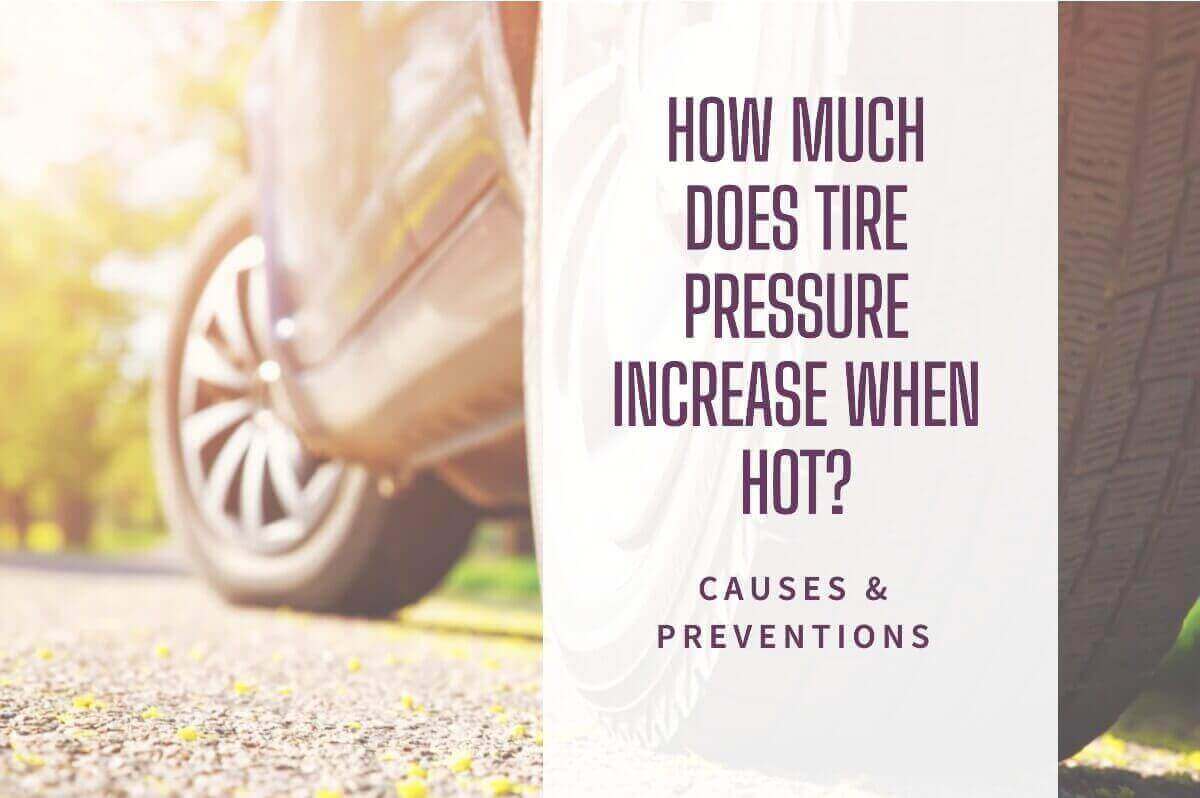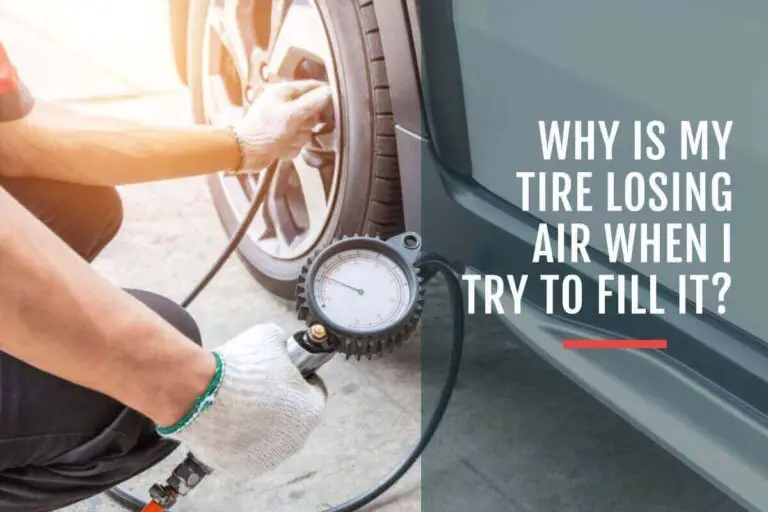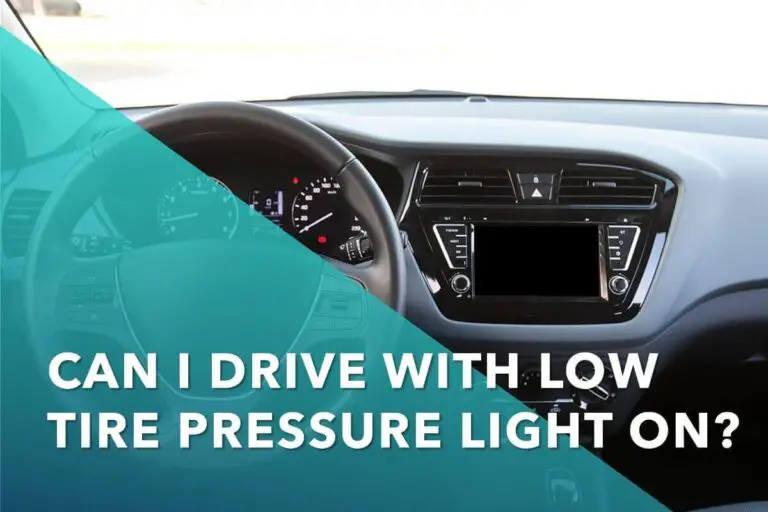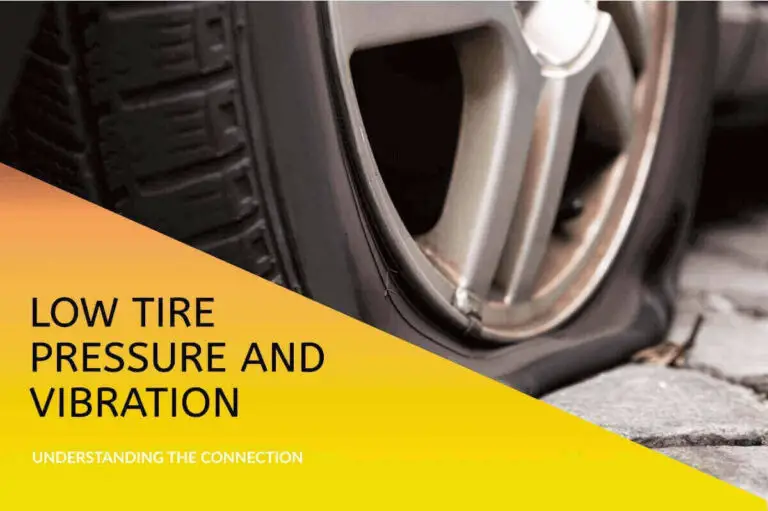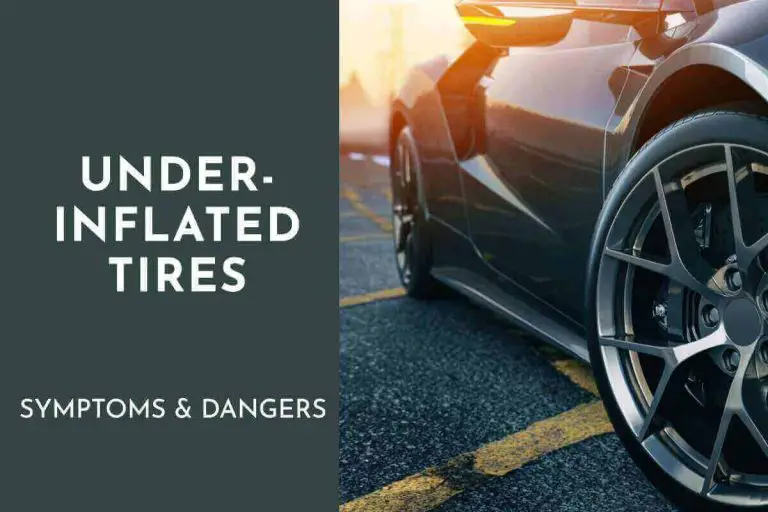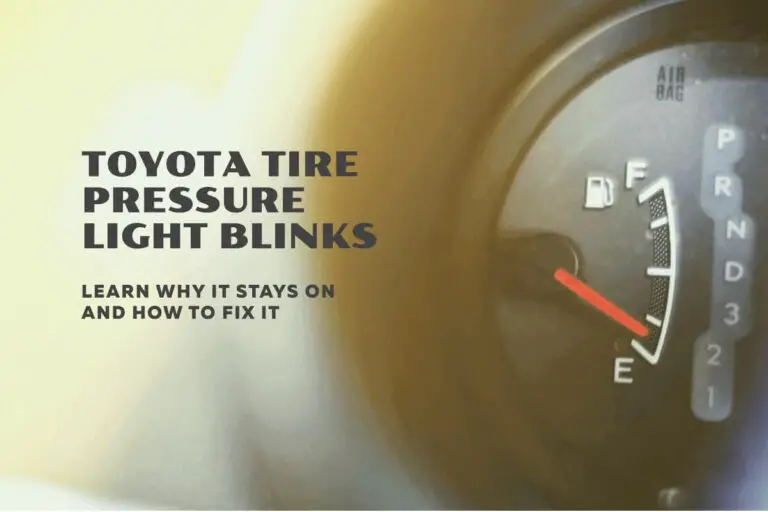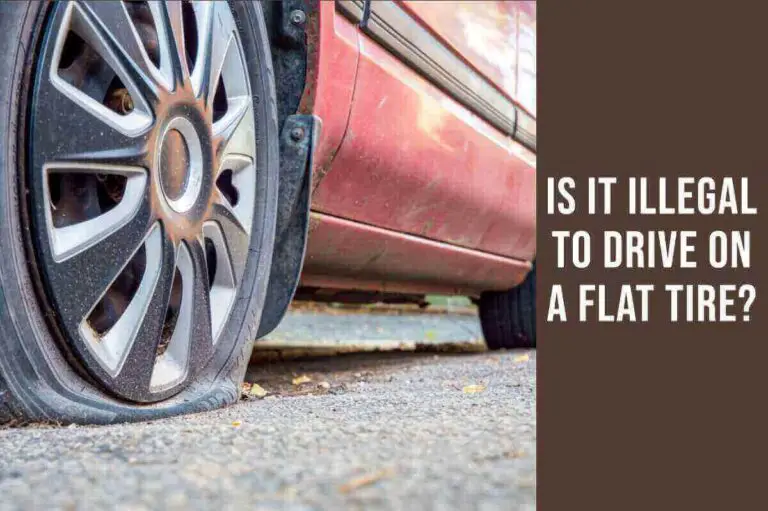In summer you just feel that the pressure is increased a little bit.
While you confirm by checking the pressure of the tire.
Is it really gain pressure when the temperature increases?
Yes, tire pressure can increase when hot is outside. But how much?
How Much Does Tire Pressure Increase When Driving In Hot
When a temperature increases by 10 degrees Fahrenheit, you can see the 1 PSI of pressure is increased in the tire. And if the temperature is increased by about 20 degrees Fahrenheit then you will observe the rise of pressure about 2 PSI.
It is an observed and tested method in which temperature plays an important role while handling the pressure in the tire. Even you can observe with the pressure gauge, these changes can happen with the changes in temperature.
The pressure change is changed every 5 minutes in the tire by about 1 PSI, and it happens while driving for about 20 minutes on your vehicle. This result increases or decreases the 4 PSI in pressure when the temperature increases or decreases.
Why Does Tire Pressure Increase On A Hot Day
The tire pressure increases on a hot day or in summer, this is because the molecules in the tires are heating up and these air molecules will expand resulting in the increasing pressure in the tire.
While on the other hand in cold winter these molecules are condensed and decrease the air pressure in the tire.
You can see the change in pressure which is due to a change in temperature, the temperature directly affects the pressure in the tire.
Should You Adjust The Tire Pressure During The Summer?
You must follow the recommended pressure of the manufacturers of the car.
In summer you should decrease your tire pressure by about 1 PSI to 2 psi because the pressure in the tire will increase a little bit in the summer.
The PSI must match What your car requires always decrease the pressure in the tire in the summer because of changes in temperature.
Why Heat Causes Effect Tires
The main reason why heat causes the effectiveness of tires is that tires are made of rubber and that rubber is connected to the polymer.
Heat causes polymers to vibrate, which then contract, causing tires to burst upon encountering excess hot air.
The heat produced in the tires is caused by increasing the pressure in the tire means the psi in the tire is increased because of the hotness in the tire.
How To Check The Pressure Of Tires When Hot
It is most recommended that you check the pressure of the tires when they are cold because due to cold tires, you can effectively check the pressure precisely.
While the tire is hot and you can check the pressure it will not give you precise information, because the temperature affects the tire pressure and it may increase the pressure in the tire it is always recommended to check the pressure of the tire when it is cold or normal.
Here is how we can check the tire pressure when hot:
- Remove the cap from the valve of the tire
- Add air pressure equal to the recommended pressure.
- Replace the valve cap
- Visual check of air leak
- Check sidewalls
- Repeat the process for checking each tire of your vehicle.
If you feel that the pressure in the tire is too much then release some pressure by holding the metal stem in the center of the valve.
Checking the tire pressure with the gauge is the most precise method to check the free size and accurate value of your pressure in the tire.
How Does Warm Weather Affect Tire Pressure?
Warm weather or summer affects the tire pressure, as we said earlier, the change in the temperature of about 10 degrees Fahrenheit will affect the pressure in the tire by about one PSI.
So the more temperature will increase the more tire pressure will increase. Checking the pressure in warm weather in the tire is not good because the tire pressure is increased a little bit depending upon the change in the temperature, so, it is always recommended to check the pressure when the tire is normal are in cold conditions.
How Do Tire Temperature Changes Affect PSI
PSI is affected or changes When the temperature changes.
1 PSI affects the pressure of the tire when the temperature is changed by about 10 degrees Fahrenheit.
In summer, the temperature is increased by about 10 degrees Fahrenheit and the pressure of the tire is increased by 1 PSI.
In cold weather, the temperature is decreased by about 10 degrees Fahrenheit and the pressure of the tire is decreased by about one PSI.
How Do Extremely Warm Temperatures Affect Tires?
Molecules in the tire vibrate and expand through the change of temperature because of the hotness in the weather.
When there is more hotness in the weather when the temperature is increased, that say the change in the temperature is about 10 degrees Fahrenheit then the pressure in the tire will increase about to 2-3 PSI.
You should know that you can expel some of the tire pressure because the pressure in the tire has already increased some of the PSI so checking the pressure of the tire in extremely hot weather is not recommended you should need to cool down the tire of your vehicle.
What Should Tire Pressure Be In Hot Weather?
The pressure of the tire Can be filled in the hard battle according to the instruction of the manufacturer of the vehicle. The instruction is given inside the driver’s door.
Set the pump to 4 PSI of the pressure above the cold inflation of the tire pressure This is because when you fill the pressure in the tire the pressure will increase by about 4 PSI about driving for 20 minutes.
What To Watch Out For To Avoid A Blowout
The main thing that caused a blowout of the tire is underinflating the tire, your tires have low pressure in the tire and you don’t even check the pressure which causes a blowout.
So a proper checking of your tire pressure once a month is necessary. Some modern technology like TPMS will guide you when your tire has low pressure.
The Warning light will be on when the tire has low pressure so it is always recommended to check your TPMS also.
Here is the main reason you should watch out for avoiding blowouts.
Tires That Are Hot To The Touch
Tiles that are hard to touch are the reason for overheating of tires which causes also a blowout of tires. Tires need to take a rest after a long distance.
Excessive Air Pressure
Low pressure is a cause of blowout but if you have excessive air pressure in your tire means an overinflated tire also causes a blowout. Avoiding to this you need to check your pressure with the help of a gauge that gives information about excessive air pressure in your tires.
Don’t Rely On TPMS
TPMS does not give you information about excessive air pressure it always gives you information about low tire pressure when the tire has low pressure, the warning signal is On means the light is On and it gives you info about the tire having low pressure so doesn’t rely on TPMS and check the pressure with the help of gauge.
What To Do To Prevent A Heat-Related Tire Blowout
Your tire is overheated and causing a blowout you should take action to avoid this blow so here is some prevention for heat-related tire blowouts, so check out
Keeping Tires Properly Inflated
This is the main thing that affects positively your tires means increased tire age and decreased tire related issues.
So keep your tires properly inflated and follow the instructions in the owner manual to keep your tire pressure at 32 to 35 PSI which is recommended for most vehicles.
If you are still confused you should check the owner’s manual instructions also the tire pressure guide is written on the sidewall of the tire.
Visual Check The Pressure Of Tires
Vehicle checking off your tires is a perfect method when you driving your vehicle and going on a trip are going anywhere you should check visually.
Keep an eye on every tire and check the pressure visually if you feel that one of the tires is underinflated or has a low pressure then you should check with the tire gauge and fill the recommended pressure if necessary.
Replace Worn Tires
If your tires are worn and their condition is not well you should replace your worn Tyres, especially in the summer.
Drive After Your Tires Cool Down
If you have a moderate temperature and you decide to expel some air from the tire and go to drive, it is it wrong approach, you must wait until you are tired to cool down and check the tire pressure then you can drive more securely because it can cause of blowouts are underinflated tires that may affect tires age or tire life.
Clean And Treat Wheels
Check the tire pressure clean the wheels and treat them well and apply some wax-based products to treat them well.
Stay Within The Speed Limit
Going to the average speed means going with that speed which is necessary for you, and is the best practice for the tire life and the engine also for the vehicles.
Because friction is produced when the speed of the vehicle is increased and then the result of increased friction of the tires produces heat and affects the tire
Pay Attention To The Load Weight
Load is one thing that affects directly your vehicle and the tire. This is necessary to pay attention to your load and add weight according to the limit of your vehicle and the tire.
Sometimes weight can affect badly and mostly cause the blow out of the tires because the tire has a limit and it is not able to load that weight, Also, it affects fuel efficiency.
Should I Increase Tire Pressure For A Heavy Load
Increasing pressure when you have a heavy load is helping your tires and vehicle to run smoothly but it is not a good practice, especially in hot weather.
And you must not go with the MAX PSI of your tire. MAX PSI will also affect the tire and cause blowouts.
What Should Your Tire Pressure Be In The Summer
Most of the pressure recommended is 32-35 while in summer the recommended pressure is about 30 to 35 PSI in most vehicles.
The pressure in the summer changes according to the change in temperature, the 10 degrees Fahrenheit will increase by 1 PSI because of the expansion of the air molecules in the tire.
Talking About The Ups And Downs Of Tire Pressure.
Let’s talk about underinflated Tyres means low tire pressure and overinflated tires mean excessive tire pressure:
Underinflated Tires
Underinflated tires mean low tire pressures have an impact greatly in hot seasons, the tires are getting hotter than usual and can cause flat tires or blowouts of tires.
So proper pressure in the tire is recommended and check the pressure for a month at least.
Overinflated Tires
Excessive tire pressure especially in summer or in hot seasons is really harmful to the tires because the pressure is increased than usual in summer seasons.
Check your tire pressure regularly through visual check and check the tire pressure through with the help of the tire gauge when you fail a bumpy ride are you feeling that your can not properly handle your steering, so you can check your tire pressure properly.
Conclusion
Tyre pressure is increased in summer by about 1 PSI with the changing temperature of 10 degrees Fahrenheit this is the ideal calculation in which pressure is increased in summer.
Properly maintaining your tire pressure is necessary especially in summer because the temperature and pressure are increased in summer and decrease in the cold.
Check your tire pressure when the tire is in normal condition are in cold, In these conditions, you can check your time properly and precisely.

